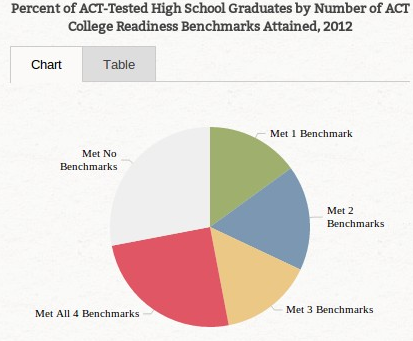Video games are not a substitute for career readiness skills. They teach us nothing about hard work. They are not a magic tool to prepare the next generation to take the reigns in workplace leadership roles.
Recently an international speaker, Mike Walsh, came to Huntsville to give a presentation. I didn’t see the presentation, but he was quoted in the local technology magazine discussing career readiness skills.
Walsh said that Parents shouldn’t discourage their children from playing video games because new age executives often recruit the best gamers to come run their companies: “If you can lead a virtual team of dwarves and elves to attack an imaginary castle, it’s possible you can lead new technology into the evolving marketplace.”
Yeah, right.
Video games and career readiness skills
I really enjoyed real time strategy games when I was younger–mainly high school and sometimes during college. But when I had kids and a full time job, I left them behind. I say that to explain that I have no beef with the games themselves. It’s a fun way to pass the time, even if it doesn’t offer any real benefits in the long term.
So let’s look back at his statement.
“If you can lead a virtual team of dwarves and elves to attack an imaginary castle, it’s possible you can lead new technology into the evolving marketplace.”
Being able to play a video game is not going to translate into the workforce very well. You are not learning the meaning and value of hard, difficult work. Game doesn’t work out? Reset button. Start again.
In the long run, how are these young people supposed to be ready for a job that demands time, doesn’t have an easy “off” switch, and requires them to do thinks they sometimes don’t want to do? This is a silly statement catering to people who want to feel like their little boy/girl isn’t wasting an average of an hour a day on games.
I’m not saying to eliminate them completely. I’m just saying that parents don’t need to blindly believe that imaginary mining for imaginary gold to make imaginary weapons is going to help their child learn how to excel in the workplace.
Educational career readiness skills
 While we’re talking career readiness skills, a report by ACT, the college test prep administrators, offers a bleak look at the next generation soon to be entering the workforce. Check out the chart.
While we’re talking career readiness skills, a report by ACT, the college test prep administrators, offers a bleak look at the next generation soon to be entering the workforce. Check out the chart.
Fully 28% of all graduates did not meet any of the College Readiness Benchmarks, while 47% met between 1 and 3 Benchmarks. Twenty-five percent of all 2012 ACT-tested high school graduates met all four College Readiness Benchmarks, meaning that 1 in 4 were academically ready for college coursework in all four subject areas.
So that means that approximately the same amount of students were ready for the core classes in college as the amount of students who were ready for none of the core classes.
I know we’re talking education vs. work habits right here, but that’s still a flag in my opinion. I hire for engineers, accountants, and technical writers. You need to understand math, science, reading, and English to be able to do these jobs. There’s no “I’m a quick learner” with these things.
Maybe a little too much time spent helping the dwarves invate the castle and not enough time storming the homework sessions? I can only guess…
What are your thoughts on these two career readiness skills topics? Are they interrelated? Why or why not?
Leave a Reply
You must be logged in to post a comment.